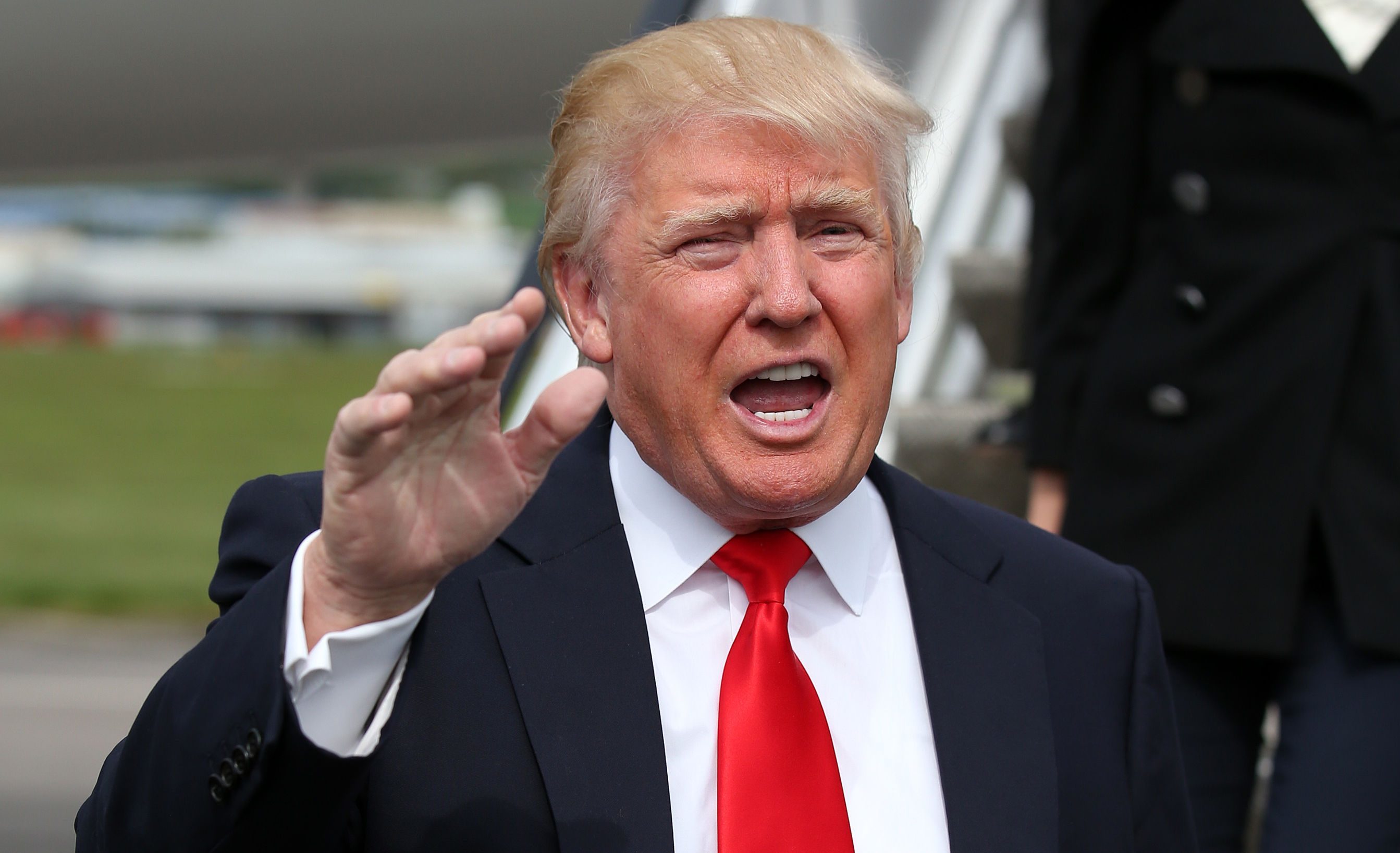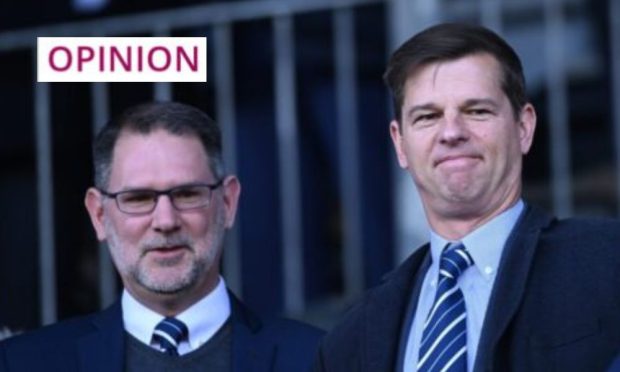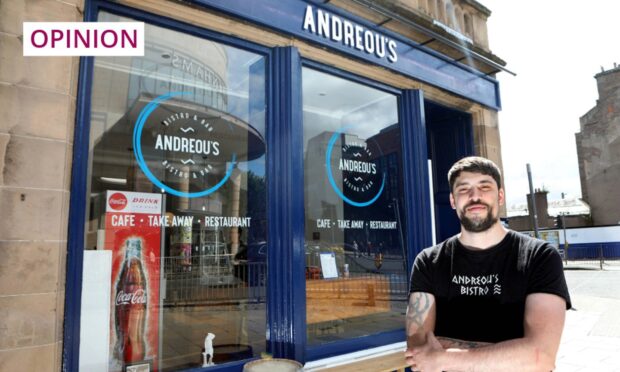The Cambridge Dictionary defines the comfort zone as “a situation in which you feel comfortable and in which your ability and determination are not being tested.”
It is usually associated with people refusing to push and stretch themselves to fully realise their potential.
Certain politicians, however, seem to put themselves in their own little comfort bubble where no one can touch them. Said elected, or wannabe elected, representatives are usually men of a certain age. Quelle surprise, if using such language is acceptable and not too elitist in this brave new world of political discourse.
The most obvious example is in the United States of America, where a man who could conceivably be the leader of the free world by the end of the year is in yet more hot water.
Not for promising to turn Muslims away from America, or for mimicking a journalist for his lifelong disability, or mocking the mother of a soldier killed in combat.
Donald J Trump is instead being savaged for what he calls “locker room banter”. In other words, he talked up his own sexual assaults on women.
“Grab them by the p—-,” he is recorded saying. “You can do anything.”
You can do anything, say anything, behave in any way so long as you are, in Trump’s eyes, famous enough or, as some might think, comfortable enough to think you will always get away with it.
This happens because there are people nurturing the comfort bubble, telling you to ignore those criticising.
Such haters are usually the liberal elite, or the corrupt media, they cry with lazy generalisation. Their influence is diminishing so you should carry on telling the truth, they add.
In Trump’s crooked corner, of course, is Nigel Farage. Speaking about the would-be US President’s comments, he claimed: “It’s the kind of thing, if we are being honest, that men do. They sit around and have a drink and they talk like this.”
Full disclosure: I’ve never sat around and talked like that and I’m someone who is not averse to sitting around, having a drink and a blether.
Perhaps I’m not a real man.
Trump is the most extreme example but for things to get to this level, such language and behaviour needs to be encouraged on a smaller scale.
We are already seeing it in UK politics. The dangerous, creeping, insidious language which accompanied the Conservative conference in Birmingham lit a torch and shone it down a dark path.
Liam Fox, the International Trade Secretary, declared that immigrants who come to Britain and “consume” its wealth are not welcome.
And, although there might be some roll back on the “naming and shaming” of businesses which employ foreign workers, the idea is now out there being discussed in mainstream conversation.
On a much lower level, we have seen it in our own backyard, so to speak, with Pete Wishart’s propensity to spout on social media.
While being nowhere near the same level of bile as our previous two contributors, who use sexually abusive and borderline racist language in a disturbingly casual fashion, it derives from the same place of feeling untouchable.
“The Blairites are now like your embarrassing incontinent old relative stuck away in a care home who you might go and visit occasionally,” the Perth and North Perthshire MP tweeted.
This irritated and insulted social workers and care home staff, certainly those who raised it with me.
Wishart correctly apologised and deleted his online message. He realised he had gone too far.
But this is what happens when you think you’re untouchable. And sometimes it is too little too late.










